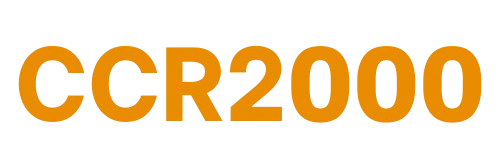Debt can feel overwhelming, especially when multiple loans and credit cards come with varying interest rates and payment schedules. For many, debt consolidation offers a viable solution to simplify finances and potentially save money. This article explores what debt consolidation is, how it works, and the pros and cons of this approach.
What is Debt Consolidation?
Debt consolidation is the process of combining multiple debts into a single loan or credit card, typically with a lower interest rate. This can be achieved through various means, such as taking out a personal loan, utilizing a balance transfer credit card, or securing a home equity loan. The primary goal is to streamline payments and reduce overall interest costs.
How Does Debt Consolidation Work?
The process of debt consolidation generally involves three steps:
- Obtain a New Loan: You take out a new loan or credit card to cover the total amount of your existing debts.
- Pay Off Existing Debts: Use the funds from the new loan to pay off your individual debts.
- Repay the New Loan: Focus on repaying the new loan under its terms, which ideally should have lower monthly payments and interest rates.
For example, if you have $20,000 in credit card debt at an average interest rate of 22%, consolidating that debt into a personal loan with a 10% interest rate could significantly reduce your monthly payments and total interest paid over time.
Pros of Debt Consolidation
- Simplified Payments: By consolidating your debts into one payment, you reduce the complexity of managing multiple due dates and amounts.
- Lower Interest Rates: If you qualify for a lower interest rate than what you currently pay on your debts, you can save money over time.
- Improved Credit Score: Successfully consolidating and paying off debts can enhance your credit score by reducing your credit utilization ratio.
- Faster Payoff: With lower interest rates, you may be able to pay off your debt more quickly by allocating extra funds toward principal payments.
Cons of Debt Consolidation
- Fees and Costs: Some consolidation loans may come with origination fees or other costs that could offset potential savings.
- Risk of Increased Debt: If you consolidate but continue to accrue new debt on old accounts or fail to change spending habits, you may find yourself in a worse financial situation.
- Impact on Credit Score: Initially, applying for new credit can result in a temporary dip in your credit score due to hard inquiries.
Is Debt Consolidation Right for You?
Debt consolidation can be an effective strategy for those struggling with multiple debts, particularly if they are facing high-interest rates. However, it’s essential to evaluate your financial situation carefully before proceeding. Consider your ability to make consistent payments on the new loan and whether you have addressed the underlying habits that led to accumulating debt in the first place.
Conclusion
If you’re feeling overwhelmed by debt, consider exploring debt consolidation as a potential solution. It can simplify your financial obligations and potentially save you money in interest payments. However, it’s crucial to approach this option with caution and ensure that it aligns with your long-term financial goals. Consulting with a financial advisor or credit counselor can provide personalized guidance tailored to your unique situation.By taking proactive steps towards managing your debt through consolidation, you can work towards achieving financial stability and peace of mind. Feel free to adjust any sections or add personal anecdotes to better fit your blog’s style!



